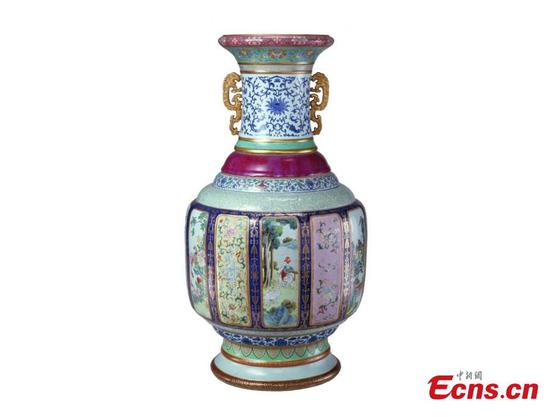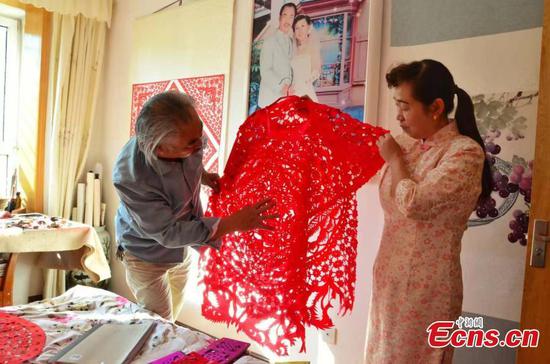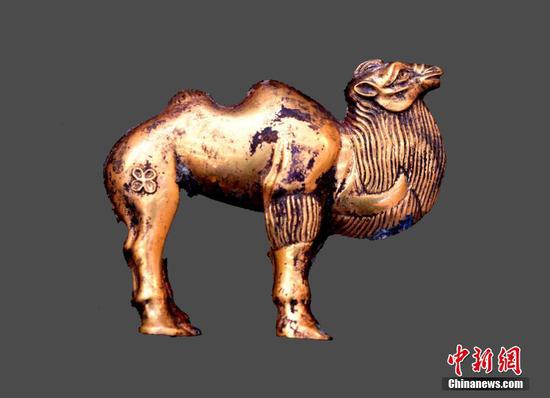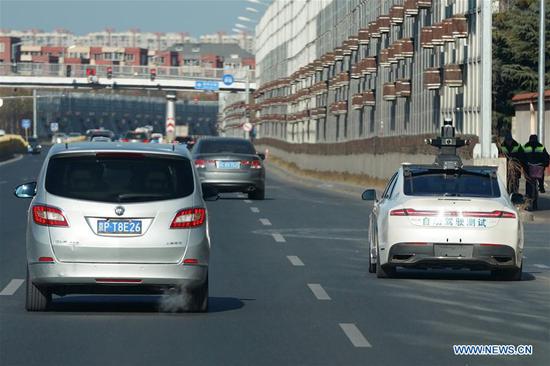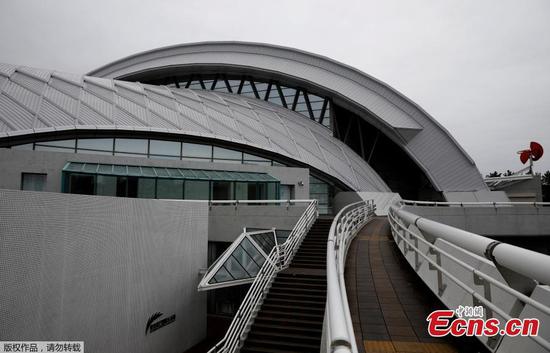China will improve the supply of commercial insurance products for people aged 60 years and above by stepping up research and product innovation in this field, to satisfy the growing insurance demands of an aging population.
Liu Hongjian, deputy director of the life insurance supervision department of the China Banking and Insurance Regulatory Commission, said the regulator will further promote the insurance sector to optimize product supply, accelerate the launch of insurance products specially designed for the elderly, and provide the elderly with products that offer more comprehensive coverage at lower premiums.
"The CBIRC will improve regulations, deepen supply-side structural reform in the financial sector, and make guidelines for enriching insurance product supply targeting the elderly and encouraging innovation of such products. We will also urge insurance companies to develop products that are specially designed for the elderly based on their risk features and demands for insurance services, and to further increase product supply mainly in the areas of sickness insurance, medical insurance, long-term care insurance and accident insurance," said Liu during a media conference held by the State Council Information Office on Thursday.
Besides, the banking and insurance regulator will develop actuarial mechanisms for insurance products targeting the elderly, make rules on how to price these products, and launch relevant regulatory measures, in an effort to guide insurers to price their products scientifically and reasonably, she said.
Among the existing products offered by commercial insurance companies, more than 1,000 products are available for purchase by Chinese people aged 60 years and above. However, these still cannot meet the senior people's robust demand for insurance products.
Currently, most of the products are not specially designed for the elderly. Instead, they just relax the restrictions on the age and conditions of insurance policies that are made for younger customers. The premiums are much higher for the elderly who may be charged 10 times the premium paid by the young and middle-aged people for accident and health insurance products. Not to mention that some elderly who are in poor health cannot find insurance products that are suitable for them, Liu said.
To solve these problems, domestic insurers must improve their risk management capability, service awareness and product innovation, she said.
Huang Hong, vice-chairman of the CBIRC, pointed out that these problems also show that insurance companies did not accumulate enough data on the elderly in terms of health and old age care, nor did they conduct enough research on the law of risks for elderly insurance.
"As the population of Chinese elderly aged 60 years and above reached 250 million at the end of 2018, we must strengthen the efforts to develop insurance products for the elderly," Huang said.
The CBIRC will make regulations and rules urging insurers to support the elderly insurance market, he said.

























